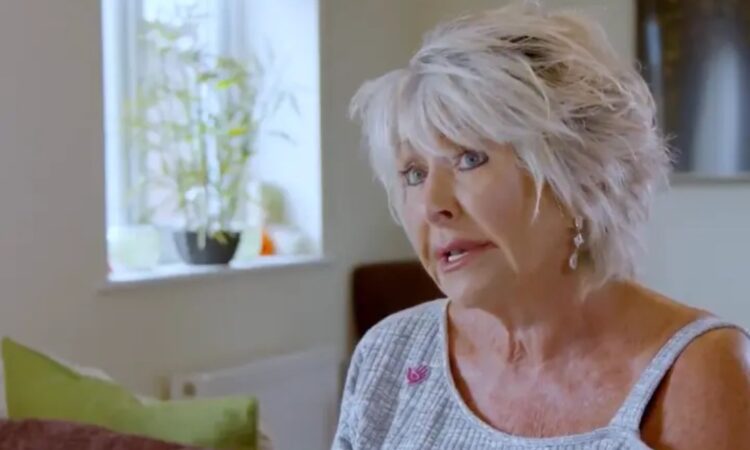They Silence Anyone Who Speaks Out!’ Rochdale Whistleblower Slams Grooming Gangs Inquiry as a ‘Cover-Up

Maggie Oliver, a former police detective who became a whistleblower, has called the Independent Inquiry into Child Sex Abuse (IICSA) a “cover-up.” She believes the inquiry prioritized the voices of officials over those of survivors and failed to address the full scale of abuse caused by grooming gangs in towns like Rochdale, Rotherham, and Telford.
Oliver resigned from Greater Manchester Police after witnessing how poorly the police treated vulnerable victims of grooming gangs in Rochdale. She now runs The Maggie Oliver Foundation, which has supported over 1,000 survivors of abuse. Despite her efforts to involve victims in the inquiry, only two survivors were allowed to testify. Meanwhile, the inquiry invited numerous police and council officials to speak, which Oliver sees as evidence that the voices of survivors were sidelined.
She also criticized how her 50-page statement, carefully prepared with legal advice, was cut down to just 18 pages without any clear explanation. She suspects the inquiry intentionally excluded important details to avoid challenging powerful institutions. Oliver argued that this approach silences survivors and avoids addressing systemic failures.
The inquiry, which cost £100 million, decided not to conduct a dedicated investigation into grooming gangs. Instead, these cases were grouped into a broader review of organized child abuse. This decision has been widely criticized, as it ignored the well-documented abuse in northern towns and focused on areas with fewer reports of such crimes.
Critics also pointed out that the inquiry failed to address the role of ethnicity in grooming gangs. Many reports have highlighted a significant over-representation of Pakistani-heritage men among offenders in towns like Rotherham and Telford. However, the inquiry claimed it couldn’t draw conclusions on this issue due to poor data quality.
Oliver and others argue that by avoiding these tough topics, the inquiry has failed to provide justice for the victims. She believes it missed an opportunity to uncover the true scale of abuse, hold institutions accountable, and ensure such failures are never repeated. Despite the inquiry’s claims that survivors were at the center of their work, many feel their voices were ignored. Oliver continues to fight for justice for victims through her foundation.




